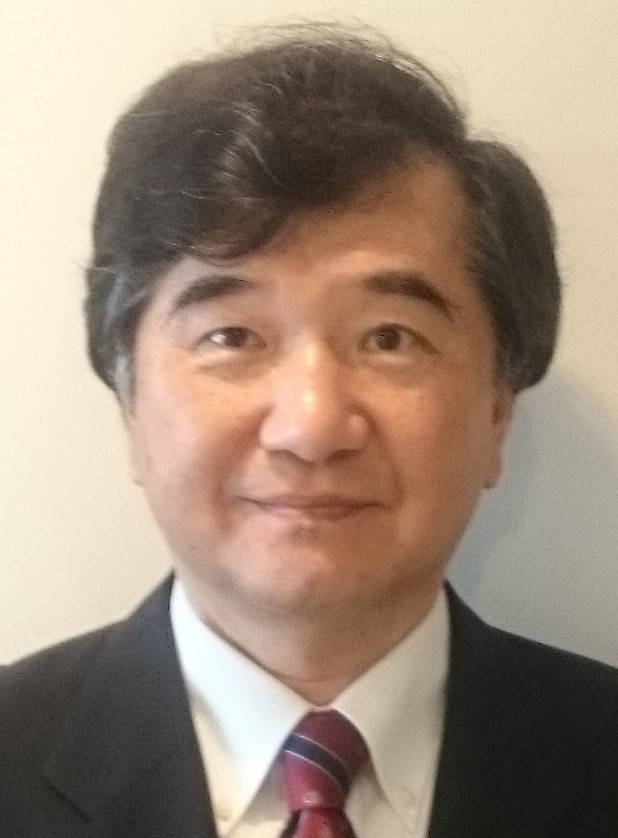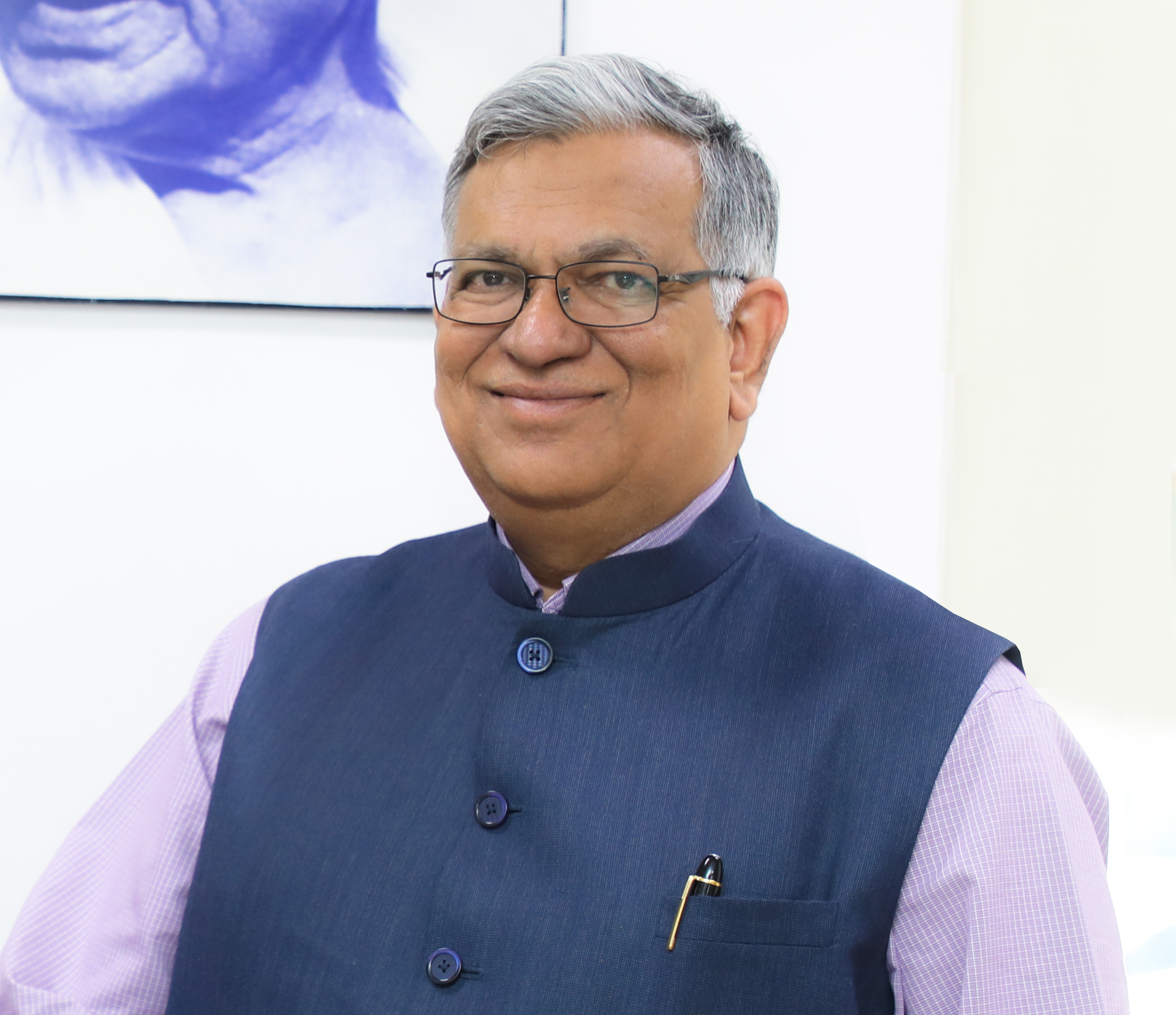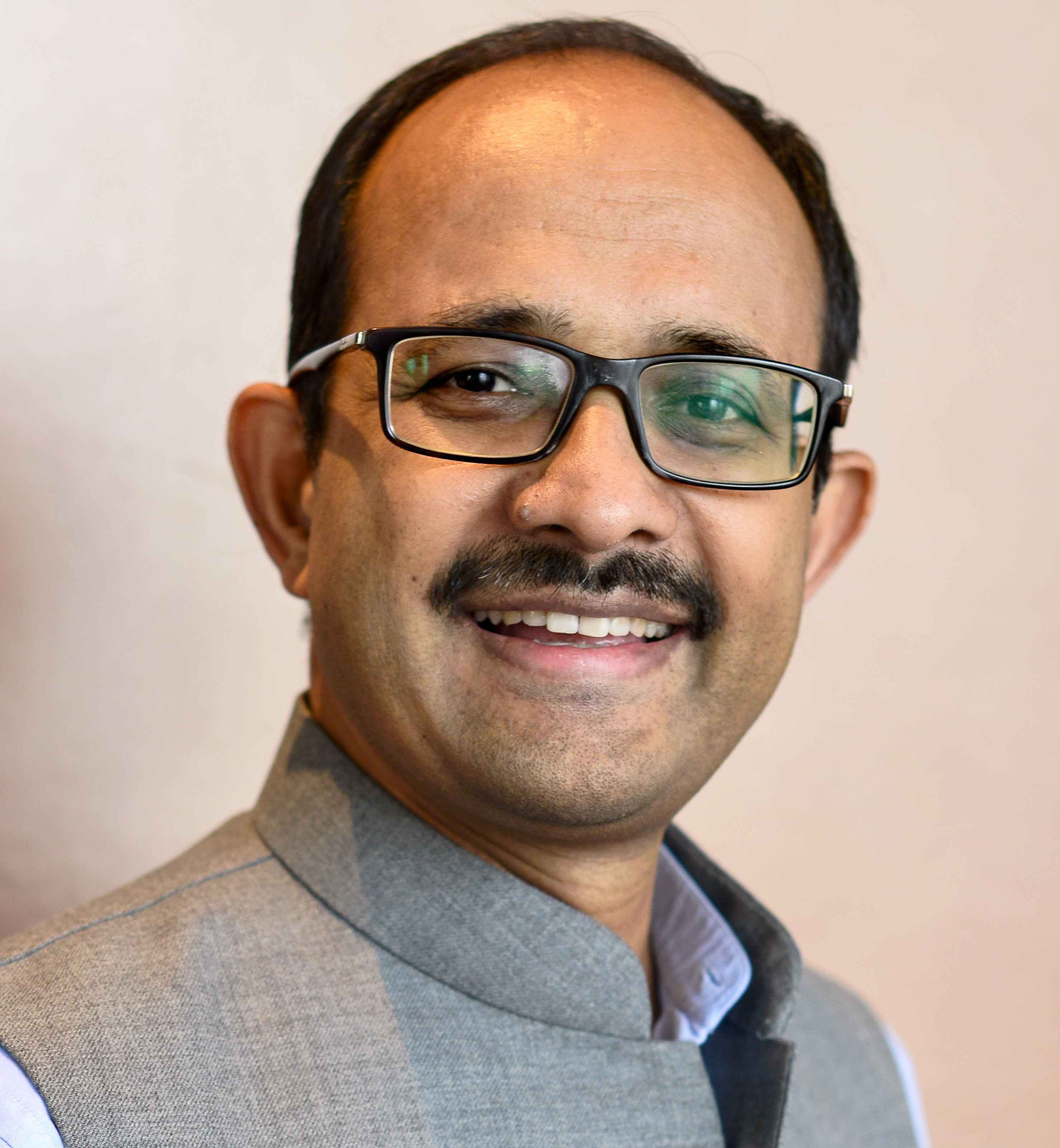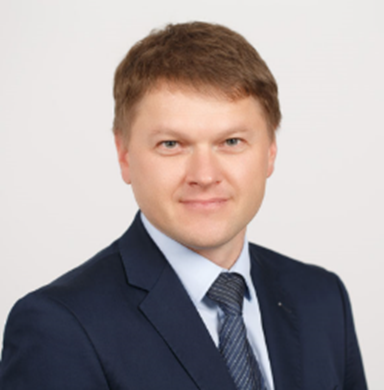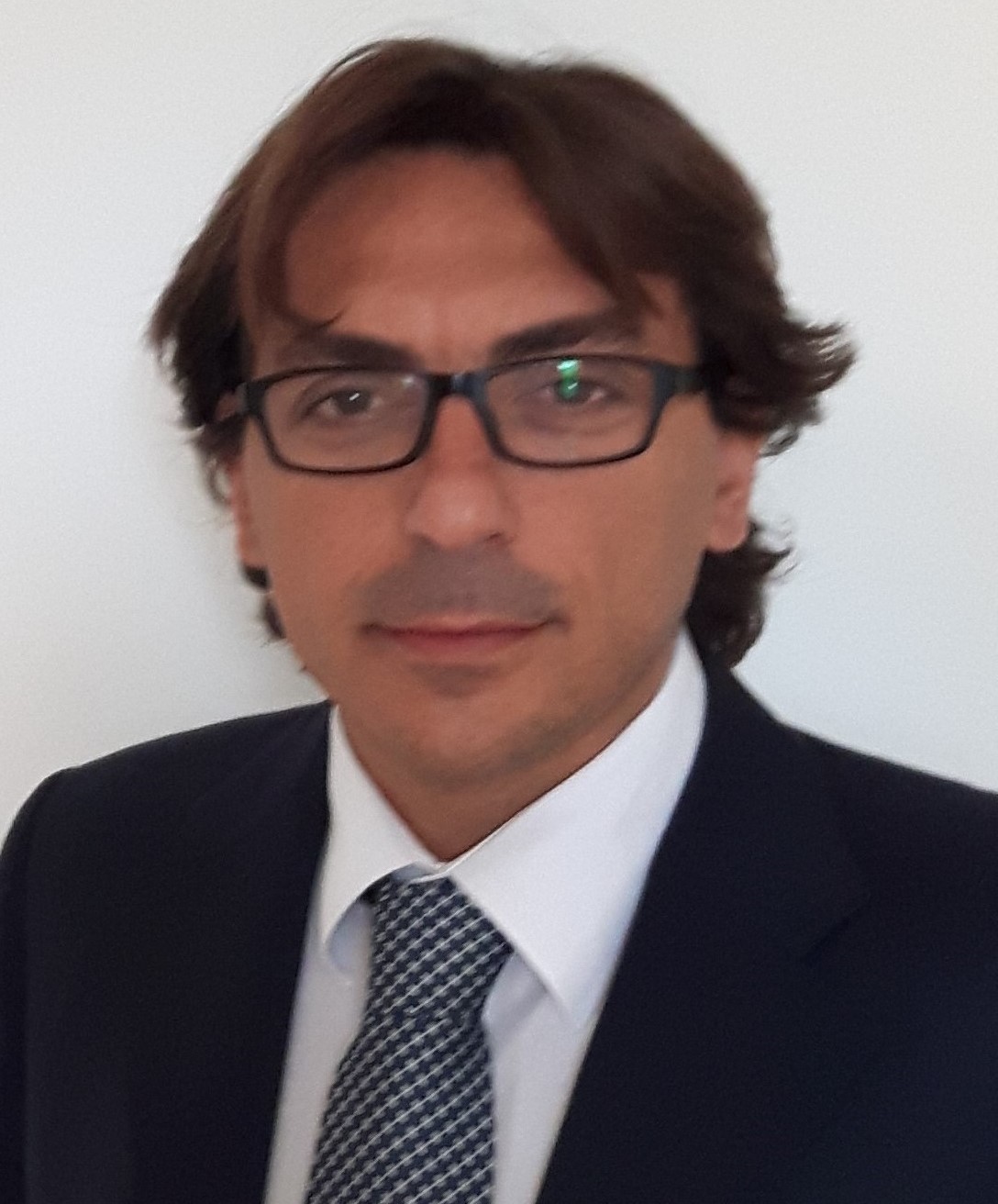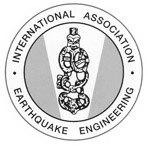In special ambassador session representatives of Embassy of Japan (Satoru Nishikawa), Embassy of India (Kamal Kishore and Sudhir K. Jain), Embassy of Italy (Marco Di Ludovico) and Embassy of Slovenia (Matjaž Dolšek) will contribute to the conference with special presentations. After the presentations Ambassadors and their representatives will participate in round table discussion.
We would like to thank Ambassador Misako Kaji, Ambassador Raj Kumar Srivastava, Ambassador Pierfrancesco Sacco and Ambassador Vojislav Šuc.
|
|
Satoru Nishikawa |
| Disaster Mitigation Research Center, Nagoya University | |
|
|
|
|
Satoru Nishikawa joined Japanese Government service in 1982 and has held various positions in the Japanese Government, UN, Tokyo Metropolitan Government and International Organizations. In 1992, he took the position of Senior Disaster Relief Coordination Officer at UN-DHA where he coordinated international assistance to numerous disaster stricken countries. In 2001, he was appointed the Executive Director of Asian Disaster Reduction Center. After resuming Japanese government service in 2004, held senior positions in the Cabinet Office and the Ministry of Land, Infrastructure, Transport and Tourism of Japan. At the wake of the Indian Ocean Tsunami in 2004, he coordinated the Japanese Government technical assistance to the affected countries. He was also the on-site coordinator for the Niigata-Chuetsu Earthquake in 2004. He hosted and coordinated the 2005 UN World Conference on Disaster Reduction where HFA was adopted. He proposed the Japanese BCP guideline in 2005. He initiated the long-term regional recovery planning for Tohoku after the Great East Japan Earthquake in 2011. He was a member of the Advisory Group to the UN SRSG for DRR on the Post-2015 Framework for Disaster Risk Reduction and the Global Platform. He was the chair of the WEF Global Agenda Council on Catastrophic Risk. From 2013 to 2015, he served as Vice-president, Japan Water Agency. He is currently, Board member, Institute of Social Safety Science. Board member, Business Continuity Advancement Organization, Adviser, Japan Bosai Platform, Board of Trustees Member, Asian Disaster Reduction Center. |
|
|
|
Sudhir K. Jain |
| Director of Indian Institute of Technology Gandhinagar | |
|
|
|
|
Prof Jain is an internationally reputed scholar of earthquake engineering and recognized as one of the most dynamic educators in India. He is founding director of the Indian Institute of Technology Gandhinagar. He was on the faculty of IIT Kanpur for 35 years from 1984-2019. Prof Jain received a Bachelor’s degree in civil engineering from the University of Roorkee (now IIT Roorkee) and a Masters and a PhD from the California Institute of Technology. He served as President of the International Association for Earthquake Engineering from 2014 to 2018. He was elected Fellow of the Indian National Academy of Engineering in 2003, conferred Padma Shri by the President of India in 2020, and elected as an International Member of the United States National Academy of Engineering (NAE) in 2021. |
|
|
|
Kamal Kishore |
|
|
|
|
Shri Kamal Kishore has worked on disaster risk management issues for over twenty-five years. He has been a member of NDMA since 2015 where he works on policy and planning and anchors the Prime Minister’s initiative on the global Coalition for Disaster Resilient Infrastructure. Prior to NDMA, he worked with the United Nations, the Asian Disaster Preparedness Centre and TARU. He has advised national governments in more than ten countries on disaster risk management issues and supported post-disaster recovery after major disasters in Bangladesh, India, Indonesia, Iran, Myanmar, Pakistan, the Philippines and Sri Lanka. His early work includes support to post-disaster reconstruction after the Uttarkashi (1991) and Latur (1993) earthquakes. |
|
|
|
Matjaž Dlošek |
| Professor of Civil Engineering and Environmental Engineering at Faculty of Civil and Geodetic Engineering (FGG), University of Ljubljana (UL) | |
|
|
|
|
Matjaž Dolšek is Professor of Civil Engineering and Environmental Engineering at Faculty of Civil and Geodetic Engineering (FGG), University of Ljubljana (UL) and a leader of the research program Earthquake Engineering. Currently, he is also the Vice-Dean for Research and International Activities at UL FGG. He was the project leader of three basic research projects sponsored by Slovenian Research Agency (ARRS). Among others, he led ARRS project Seismic strest test of the built environment and a study for supporting the preparation of the Resolution on the earthquake rehabilitation program for seismically vulnerable buildings, which was ordered by the Ministry of the Environment and Spatial Planning of the Republic of Slovenia. For more than ten years, he is involved in projects related to safety upgrade for structures and components of the units of Nuclear Power plant Krško. He was a member of a team who prepared the seismic stress test of Nuclear Power Plant Krško after the Fukushima event. In 2015 he was a leader of the project team who developed seismic fragility functions of the structural components of the safety-related bunkered building in the NPP. Later on, he was a leader of the expert team who prepared an evaluation of the project for building permit for the building, which includes Alternate Auxiliary Feedwater System and for the Spent Fuel Dry Storage building. For the latter buildings, M.Dolšek supervised the development of methodology and evaluation of the fragility analysis. He led the evaluation of the project documentation for building permit of the repository for low and medium nuclear waste. In this context, he also led independent seismic analysis with an emphasis of developing the design methodology with consideration of the environmental and the construction legislation as a coupled problem. |
|
|
|
Marco Di Ludovico |
| Department of Structures for Engineering and Architecture, University of Naples Federico II, Italy | |
|
|
|
|
Prof. Marco Di Ludovico is Associate Professor of Structural Engineering at the University of Naples Federico II. His research activities deal with theoretical and experimental aspects on: non linear behavior of reinforced concrete and masonry structures; structural vulnerability, post-earthquake damage and repair costs; repair, strengthening and seismic retrofit of concrete and masonry structures with composites; response of reinforced concrete buildings under tsunami-induced loads; protection of historical monumental buildings. Following the earthquake of April 6th, 2009, is member of ReLUIS (Network of University Laboratories for Earthquake Engineering) working group, that: coordinated, in partnership with the Department of Civil Protection, the checks of conformity to standards for public and strategic buildings in L'Aquila and all the other municipalities of the crater. Within the 2019–2021 research agreement between the Civil Protection Department (DPC) and ReLUIS, he currently coordinates, in the framework of work package WP4 “Seismic Risk Maps—MARS”, a task group related to “Loss predictions”. He participates to the following National and International Scientific Bodies: Working Group “Learning from Earthquakes (LFE)” by Earthquake Engineering Research Institute (EERI); EAEE (European Association for Earthquake Engineering) Working Group 1 (EC8) Future Directions for Eurocode 8; fib (Federation International du Beton) TG 9.3 “FRP Reinforcement”, Task Group 5.1 'FRP Reinforcement for Concrete Structures'; CNR (Italian National Research Council) working groups on the development of technical documents on the use of composite materials. |
|

